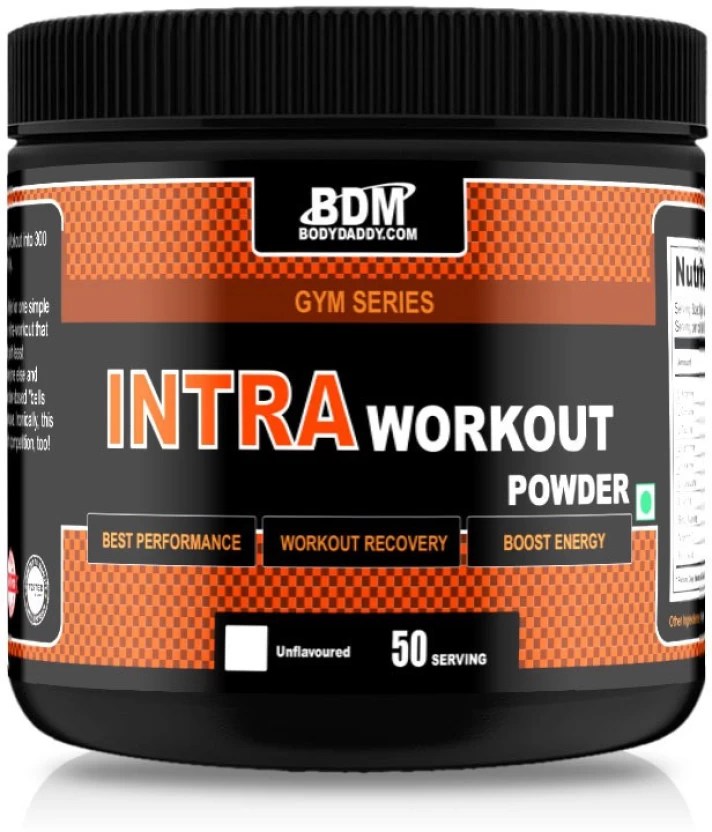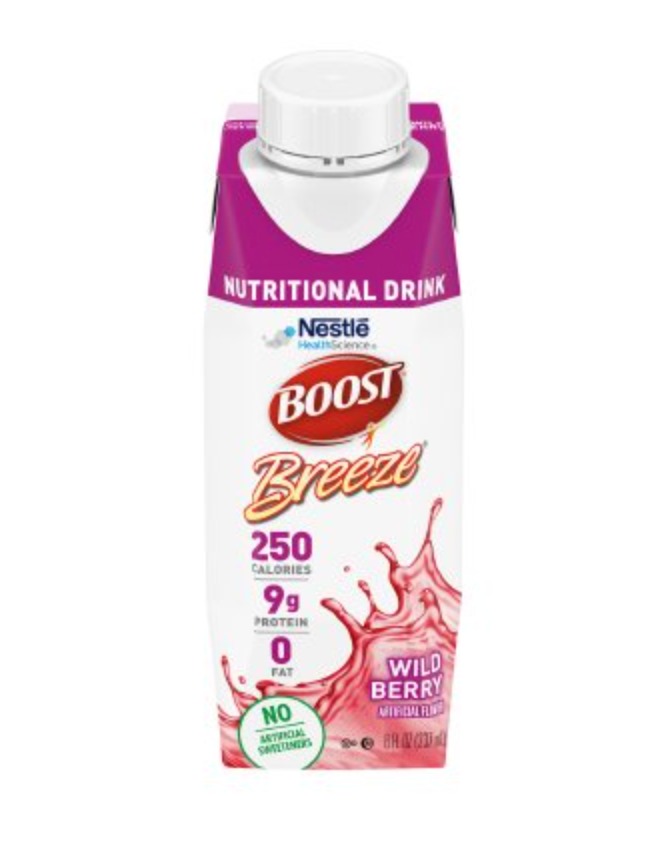In the quest for optimal health, many individuals turn to supplements to fill nutritional gaps and support their wellness journeys. This guide delves into the world of *supplements*, exploring their benefits, types, and considerations for safe usage.
What are Supplements?
Supplements are products designed to augment your daily intake of nutrients, including vitamins, minerals, herbs, amino acids, and enzymes. They come in various forms, such as capsules, tablets, powders, and liquids. While whole foods should be your primary source of nutrients, dietary supplements can help address specific deficiencies and support overall health.
Types of Supplements
There is a wide variety of supplements available, each serving different health purposes. Common categories include:
Vitamins and Minerals
These are foundational nutrients that your body requires in small amounts for various functions. Examples include vitamin D, which supports bone health, and iron, essential for oxygen transport in the blood.
Herbal Supplements
Derived from plants, herbal supplements have been used for centuries in traditional medicine. Popular choices include echinacea for immune support and ginseng for energy and cognitive function.
Read more about vitamins here.
Amino Acids
Amino acids are the building blocks of proteins and are crucial for muscle building, repair, and overall metabolic processes. Commonly used amino acid supplements include leucine, isoleucine, and valine, known collectively as BCAAs.
Benefits of Supplements
When used correctly, supplements can offer a range of health benefits, such as:
- Nutritional Support: Helping to meet daily nutritional requirements, especially for individuals with dietary restrictions or specific health conditions.
- Improving Health Conditions: Assisting in managing and alleviating symptoms of deficiencies or health issues, like folic acid for pregnant women to prevent birth defects.
- Boosting Performance: Enhancing physical and mental performance, particularly for athletes and individuals with high physical demands.
Considerations for Safe Usage
Though supplements can be immensely beneficial, it’s essential to use them safely. Here are key considerations:
Consult a Healthcare Professional
Before starting any new supplement regime, consult with a healthcare provider, especially if you have underlying health conditions or are on medication. They can recommend the right type and dosage for your needs.
Quality and Label Reading
Choose high-quality supplements from reputable brands. Look for third-party testing and certification to ensure product safety and efficacy. Always read labels to understand ingredient lists and potential allergens.
Avoid Over-Supplementation
More is not always better. Over-supplementation can lead to adverse effects and toxicity. Follow the recommended dosage and be mindful of the cumulative intake from various sources.
Conclusion
When integrated thoughtfully, supplements can be a valuable addition to a balanced diet and healthy lifestyle. By understanding their types, benefits, and the importance of safe usage, you can make informed decisions that support your health and well-being.






